2 August 2021
Claudia Roth
Vice President of the German Bundestag
Digital welcome address for the European Holocaust Memorial Day for Sinti and Roma on 2 August 2021
Drodzy ocalali z Holocaustu, Drodzy urodzeni później, szanowni Państwo, drogi Romani Rose, drodzy przyjaciele, Mire latsche Mahla - Mire latsche Mahlezi! Auschwitz - miejsce, gdzie wszystkie ludzkie wartości zostały zniszczone Auschwitz - miejsce, które wyznacza koniec wszelkiej cywilizacji. Auschwitz - miejsce symbolizujące niezmierzoną grozę, przemoc, terror, unicestwienie, To miejsce, które zdaje się miażdżyć każde słowo, każdy gest. W tym dniu odczuwam ogromny smutek i głęboką pokorę, że na pamiątkę likwidacji tak zwanego "obozu cygańskiego" 77 lat temu, latem 1944 r. ‒ dane mi jest do Was przemawiać. W obozie Auschwitz-Birkenau przebywało 23 tysiące więźniów Sinti i Romów. Masowy mord przeżyło tylko 2000 osób, W obozie zagazowano 5.000 osób, przy likwidacji obozu zginęło 2.900 osób, zamordowanych w bestialski sposób w nocy z 2 na 3 sierpnia 1944 r. Była to noc Porajmosu ‒ noc pożerania. Auschwitz jest symbolem ludobójstwa Sinti i Romów, nazwanych przez nazistów "cyganami". Auschwitz to morze łez ‒ cierpienia ‒ bólu. Ale Auschwitz jest także symbolem odważnego zbrojnego oporu Sinti i Romów, który został brutalnie stłumiony. Wykorzystajmy ten Europejski Dzień Pamięci o Holokauście Romów i Sinti, by pokłonić się zmarłym i złożyć obietnicę żyjącym: nigdy więcej nie może dojść do takiego mordowania i systematycznej eksterminacji. Ludzkiego życia. Szczególnie jako Niemika i przedstawicielka demokratycznych Niemiec czuję ogromną odpowiedzialność, którą ta historia ‒ moja historia ‒ nakłada na nas. Była to próba ostatecznego wykorzenienia tej wielkiej kultury. Przy tym całym strasznym okrucieństwie, które ten terror odcisnął na duszach europejskich Romach i Sinti, możemy mimo to dziś powiedzieć: Nazistom się to nie udało. Nie udało im się wymazać całych kultur, bogactwa europejskich narodów. Spowodowali głębokie rany i traumę, wypędzili i osłabili kultury europejskie, ale nie mogli zniszczyć tego bogactwa. Nie język, nie muzykę, nie literaturę, nie obrazy. Ale przede wszystkim nie pamięć o zamordowanych kobietach, mężczyznach i dzieciach. One są i pozostają z nami. Jestem bardzo szczęśliwa, 77 lat po terrorze nazistów, że z pełnym przekonaniem mogę powiedzieć: Sinti i Romowie należą do kultury europejskiej, stanowią integralną część naszego bogactwa etnicznego i kulturowego oraz naszych europejskich społeczeństw, w których żyją od wielu wieków. To przetrwanie, ta przynależność jest najlepszą bronią przeciwko próbom eksterminacji przez nazistów, i jest to najostrzejsza broń przeciwko istniejącej i haniebnej dyskryminacji i wykluczeniu, których Romowie i Sinti muszą doświadczać w Europie. Dzisiejsze obchody przypominają nam o konieczności przeciwstawienia się wszelkim formom łamania praw człowieka w naszej Europie! Dlatego ten dzisiejszy hołd pamięci ofiar jest również pamięcią o przyszłości i odpowiedzialnością za teraźniejszość. Odpowiedzialność, która spoczywa na nas z powodu mrocznej przeszłości, musi zostać wdrożona w życie dzisiaj. Walczmy wszyscy razem, aby położyć kres wykluczeniu Sinti i Romów i żeby lekcja tej prawdziwej historii pomogła nam żyć według naszego moralnego imperatywu: Godność ludzka jest nienaruszalna. Dziękuję bardzo!
Representatives of generations born later,
Panie i Panowie,
Romani Rose,
Friends,
Mire latsche Mahla – Mire latsche Mahlezi!
Auschwitz – Where all human values were destroyed.
Auschwitz – Which marks the end of all civilisation.
Auschwitz – Which symbolises such overwhelming horror, violence, terror and annihilation.
This place which almost seems to smother every word, every gesture.
On this day, I am filled with overwhelming sorrow and deep humility in speaking to you in remembrance of the liquidation of the so-called “Gypsy camp”, 77 years ago in the summer of 1944.
About 23,000 Sinti and Roma people were believed to be imprisoned at Auschwitz-Birkenau.
Only 2000 people survived the mass murder. At the camp, 5000 people were gassed; 2900 were brutally murdered when the camp was cleared during the night of 2-3 August 1944.
It was the night of the Porajmos – the night of the devouring.
Auschwitz symbolises the genocide of the Sinti and Roma people, and those called Zigeuner – Gypsies – by the Nazis.
Auschwitz stands for a sea of tears – of suffering – of pain.
Yet Auschwitz also symbolises the courageous armed resistance of the Sinti and Roma people, which was brutally crushed.
Let us use this European Holocaust Memorial Day for Sinti and Roma to pay our respects to the dead and to make a pledge to the living:
The murder and systematic annihilation of human life like this must never be allowed to happen again.
As a German and a representative of democratic Germany, I am especially conscious of the enormous responsibility which this history – my history – imposes.
It was an attempt to permanently obliterate this great culture.
While acknowledging all the dreadful horrors which this terror has burned deep into the souls of people from the European Sinti and Roma communities, we can nonetheless say today: the Nazis did not succeed.
They did not succeed in obliterating entire cultures, in destroying the richness of the European people.
They inflicted deep wounds and traumas, expelled and weakened European cultures, but they were unable to destroy this richness.
They did not destroy the language – the music – the literature – the pictures. But above all, they did not destroy the memory of the women, men and children who were murdered.
They remain with us now and will remain with us in the future.
Seventy-seven years after the terror perpetrated by the Nazis, I am very glad to be able to say with absolute conviction: the Sinti and Roma people are part of European culture and are an integral part of our ethnic and cultural richness and our European societies, in which they have lived for many centuries.
This survival, this belonging, was the most powerful weapon against the Nazis’ attempt to annihilate them, and it is the most powerful weapon against the shameful discrimination and marginalisation to which the Sinti and Roma people are still subjected in Europe to this day.
Today’s commemoration is a warning to us to stand up to all forms of human-rights violations in our Europe!
So this commemoration today is also a reminder for the future, and a responsibility for the present.
The responsibility imposed on us by the horrors of the past is one we must live up to today.
Let us all fight together to ensure that the marginalisation of the Sinti and Roma people is ended at last, and that the lessons of history help us to live in line with our moral imperative:
Human dignity is inviolable.
Dziękuję!
Statements 2021
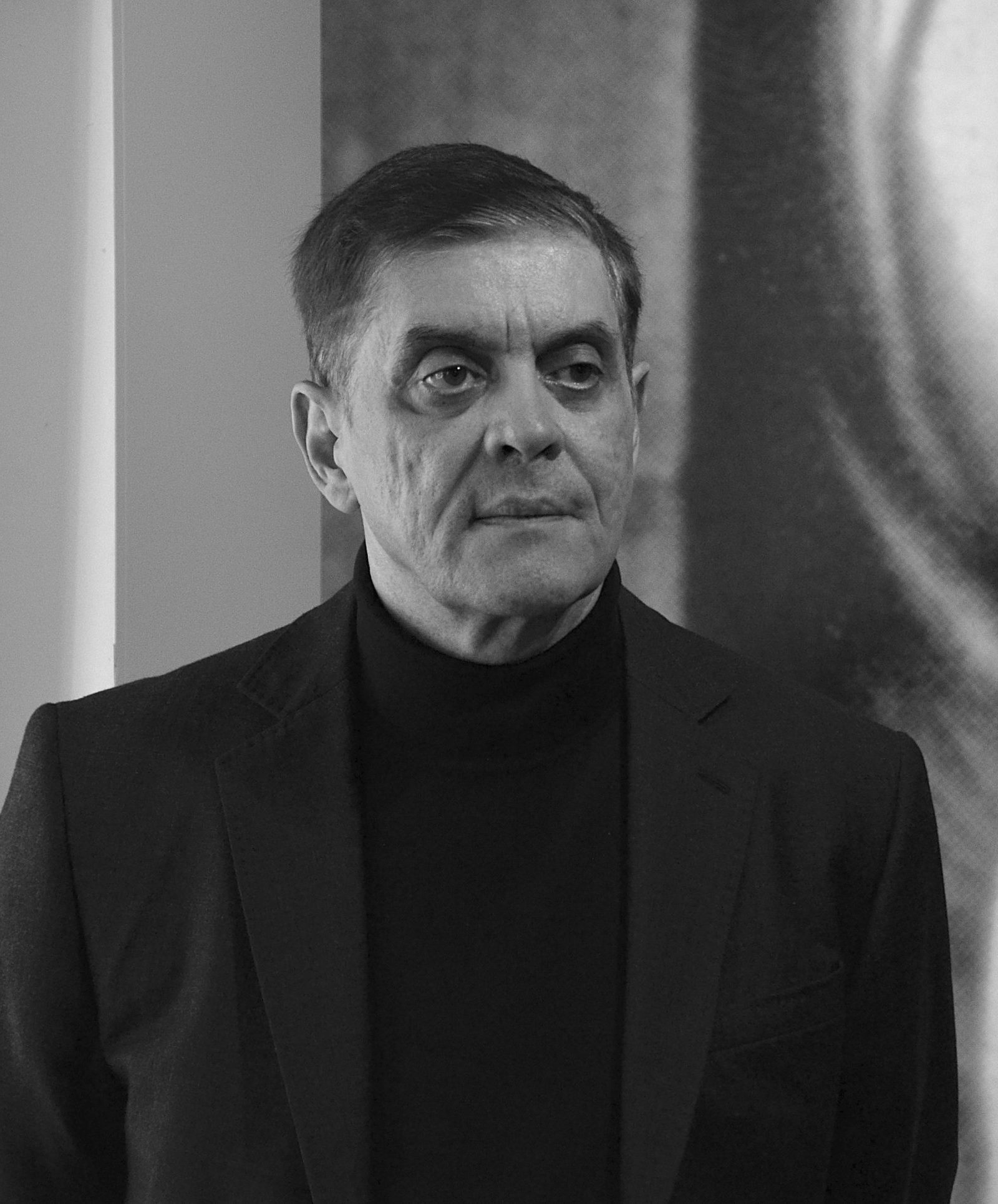
Romani Rose
Przewodniczący Centralnej Rady Niemieckich Sinti i Romów

Katarina Barley
Vice President of the European Parliament

Helena Dalli
Komisarz ds. Równości Unii Europejskiej
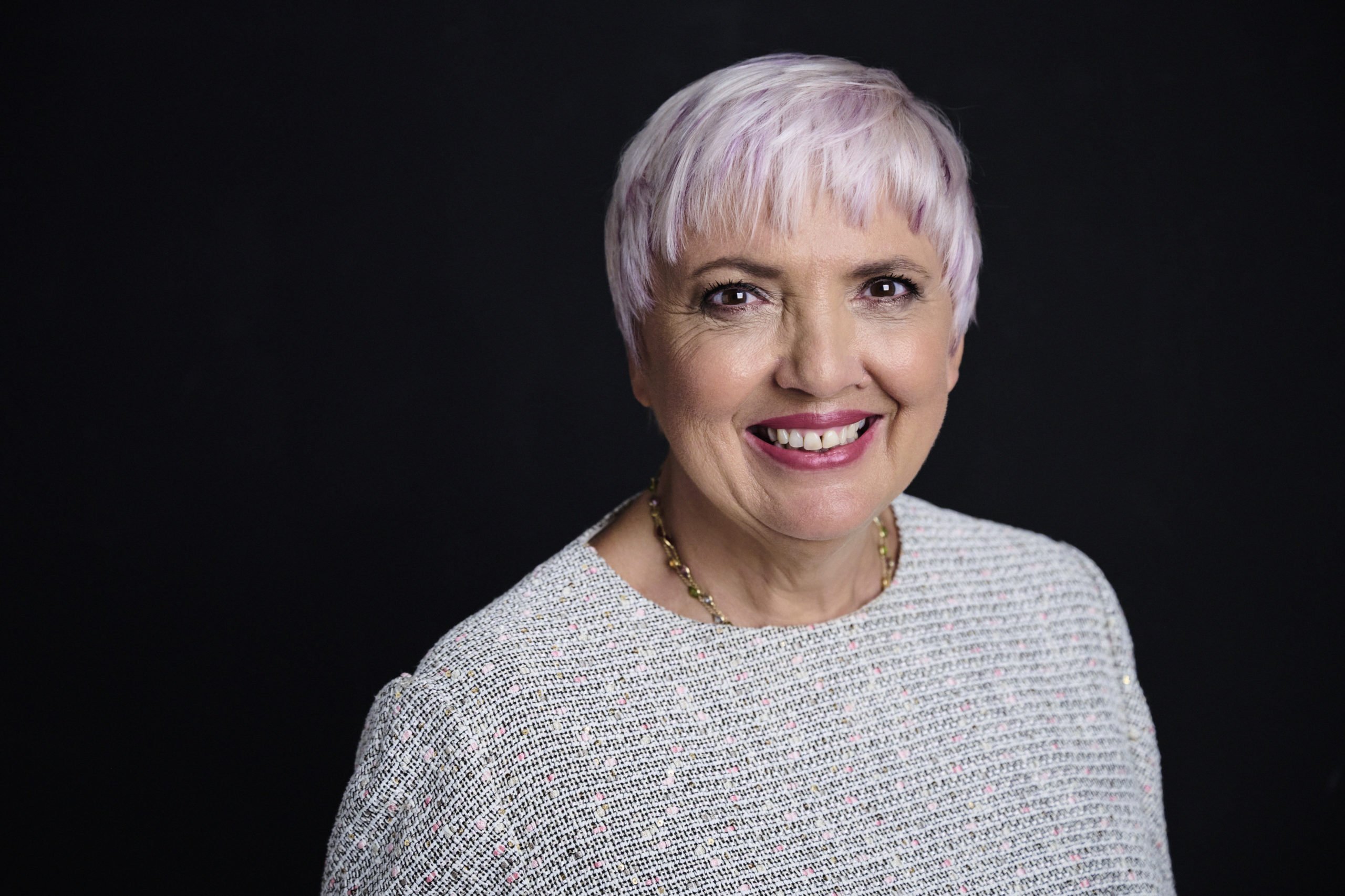
Claudia Roth
Vice President of the German Bundestag
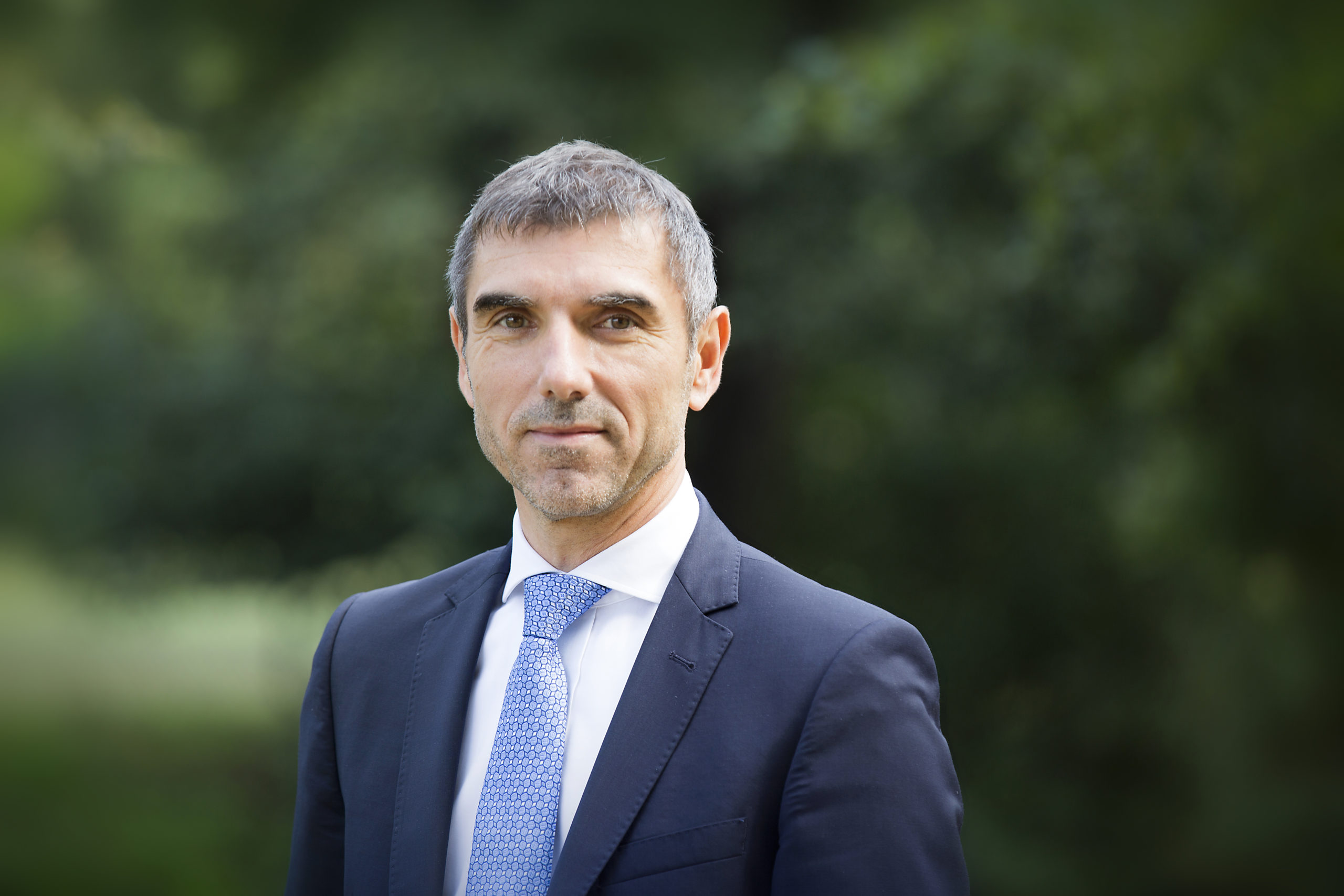
Paul Blokhuis
Dutch State Secretary Paul Blokhuis
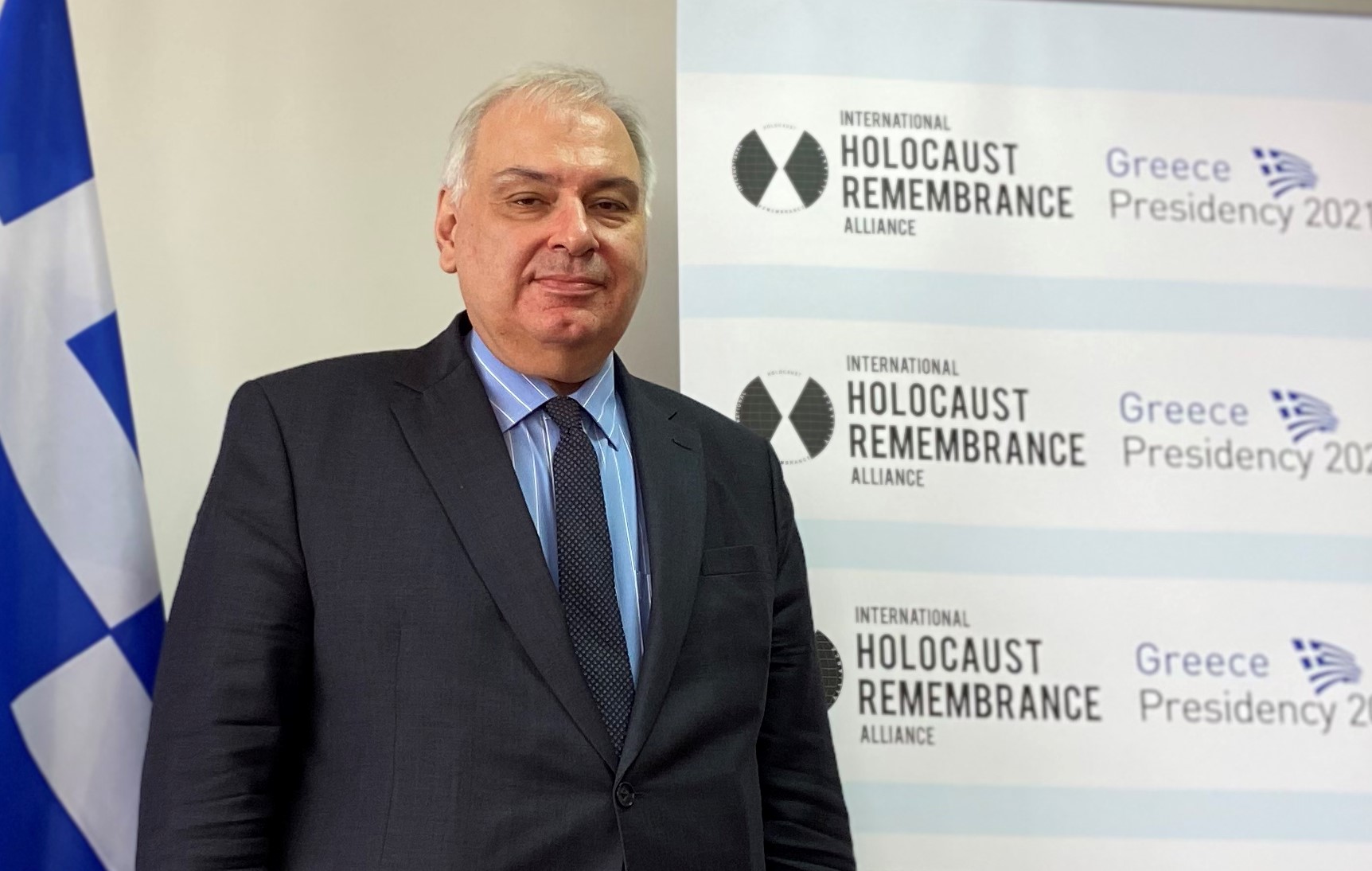
Chris J. Lazaris
Amb. Chris J. Lazaris, IHRA Chairman
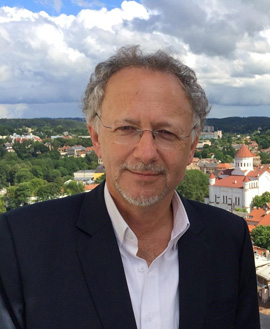
Fernand des Varennes
UN Special Rapporteur UN minorities
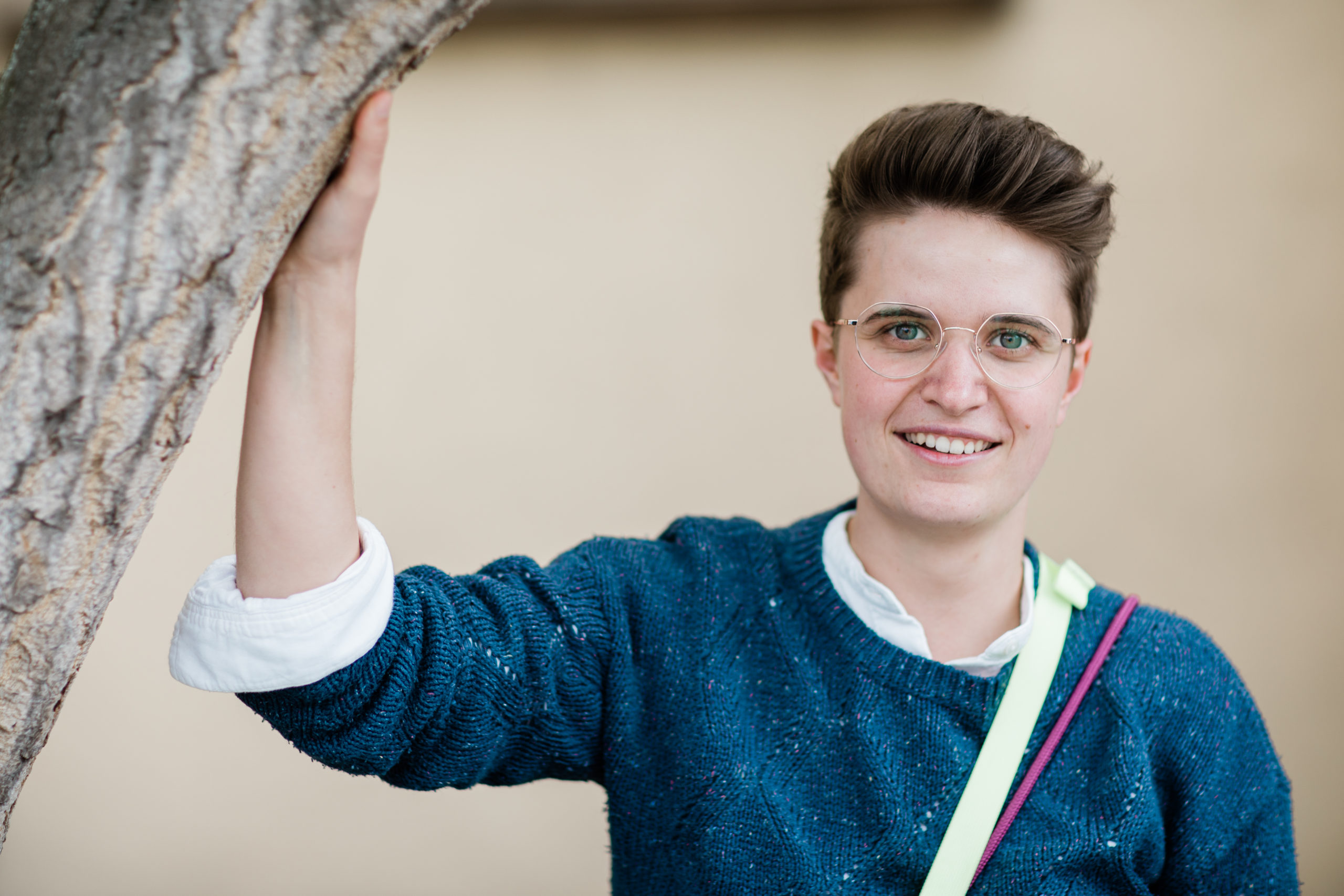
Anna-Nicole Heinrich
President of the Synod of the Evangelical Church in Germany (EKD)

Justin Trudeau
Prime Minister of Canada
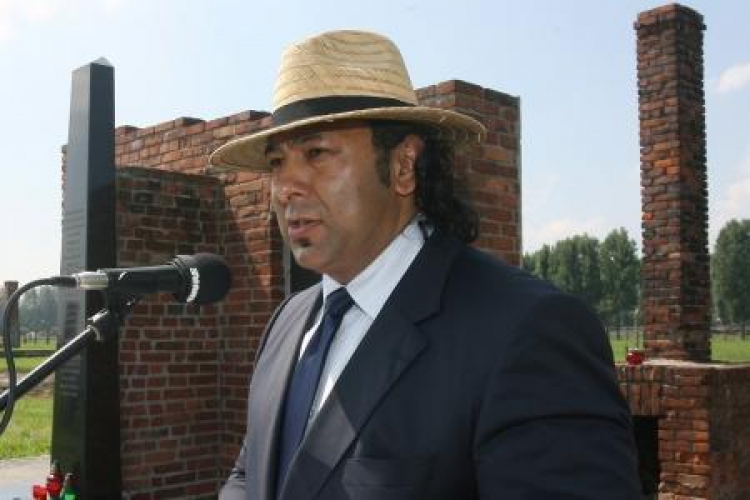
Roman Kwiatkowski
Chairman of the Association of Roma in Poland
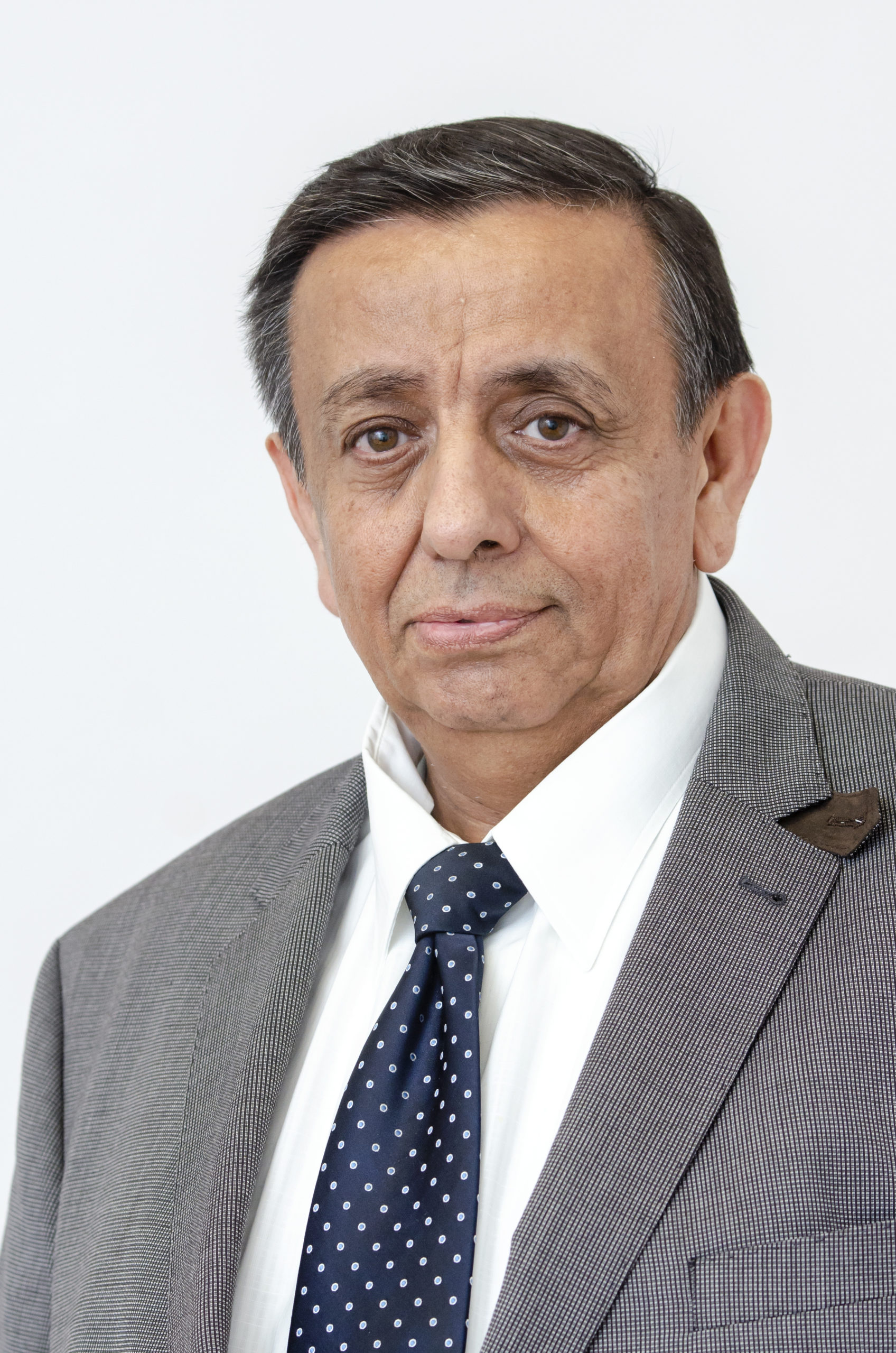
Erich Schneeberger
Deputy Chairman of the Documentation and Cultural Center of German Sinti and Roma and Chairman of the Association of German Sinti and Roma
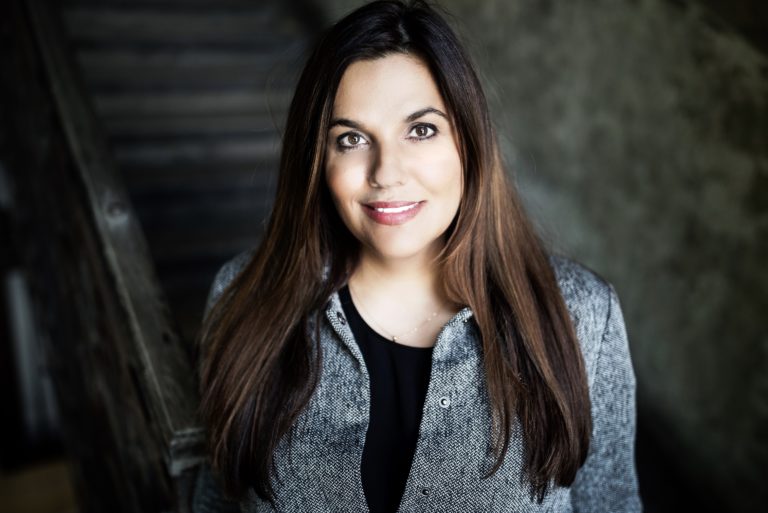
Timea Junghaus
Executive Director
European Roma Institute for Arts and Culture (ERIAC)
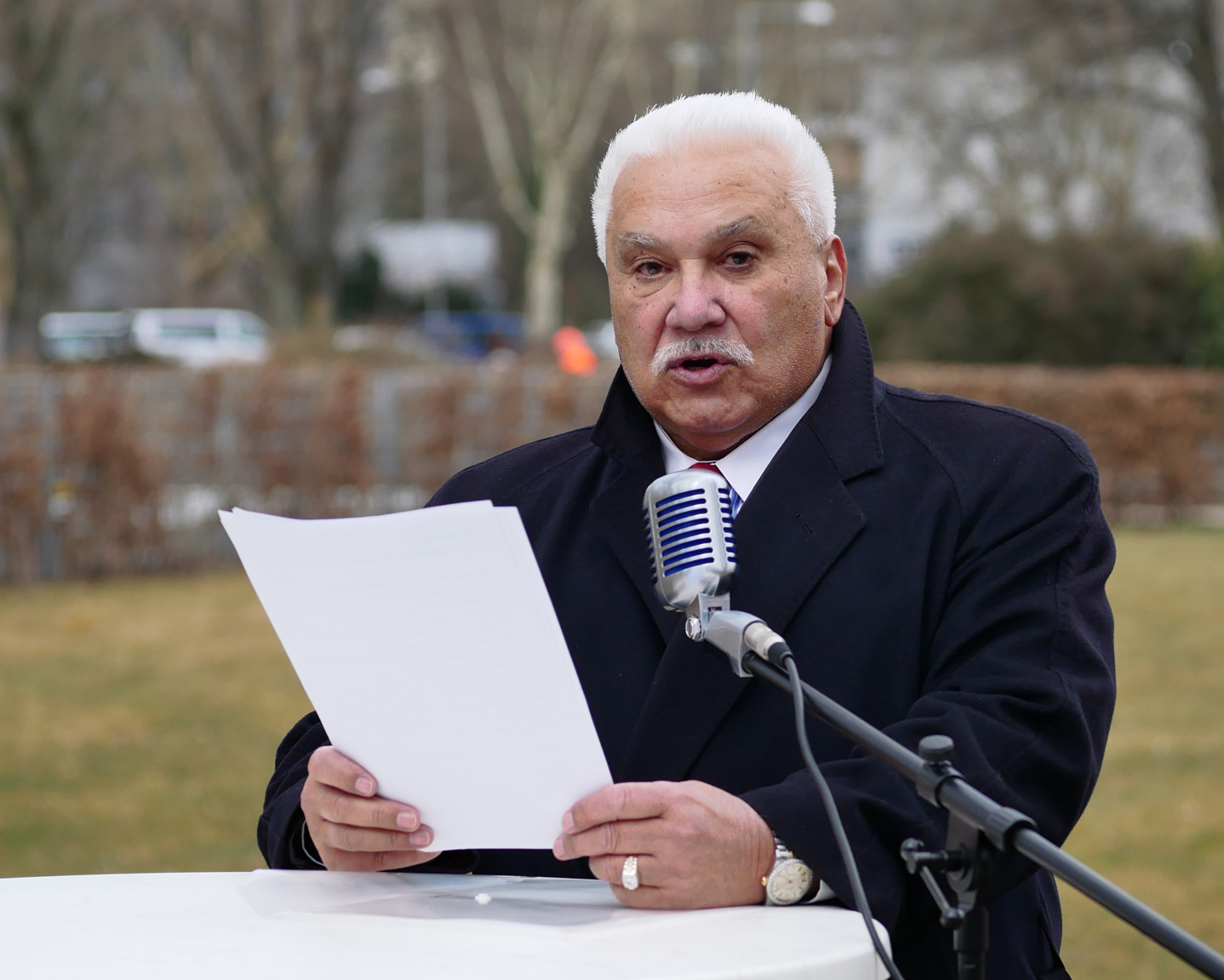
Adam Strauß
Chairman of the Council of German Sinti and Roma in Hesse
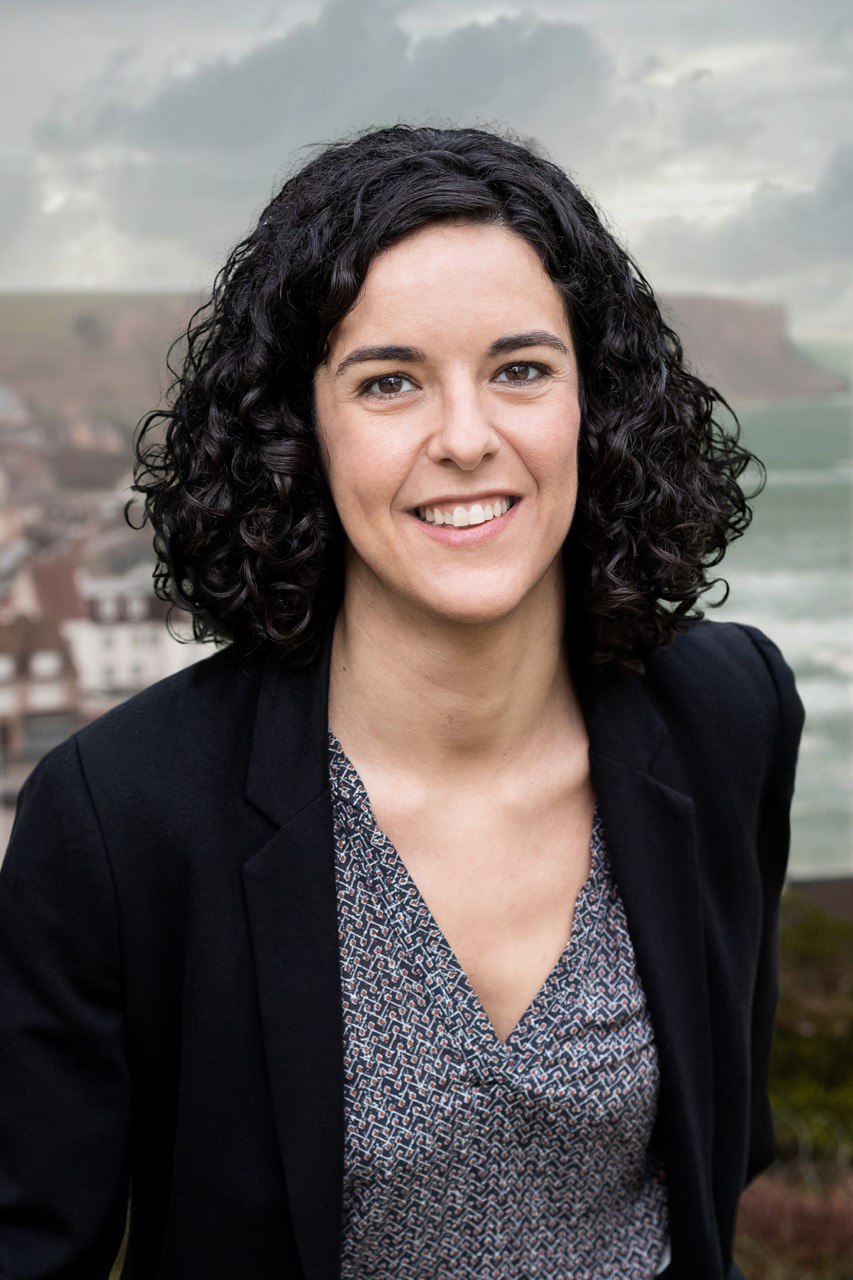
Manon Aubry
Manon Aubry, MEP
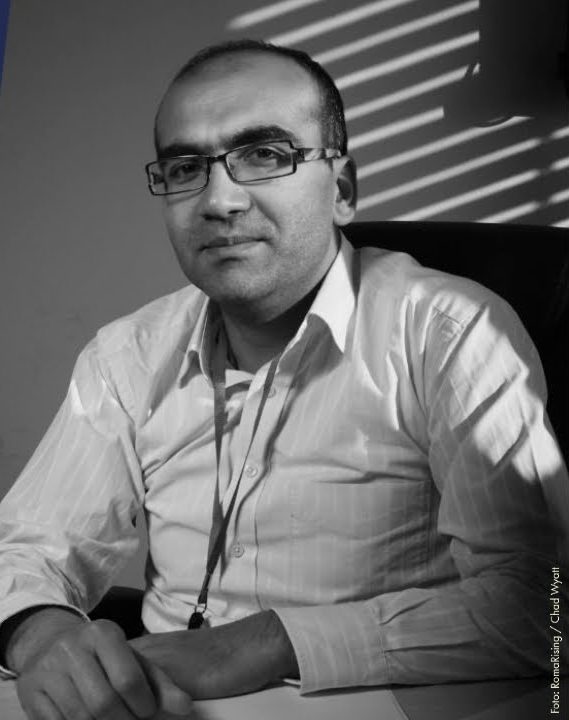
Adrian-Nicolae Furtuna
Historian at the University of Bucharest
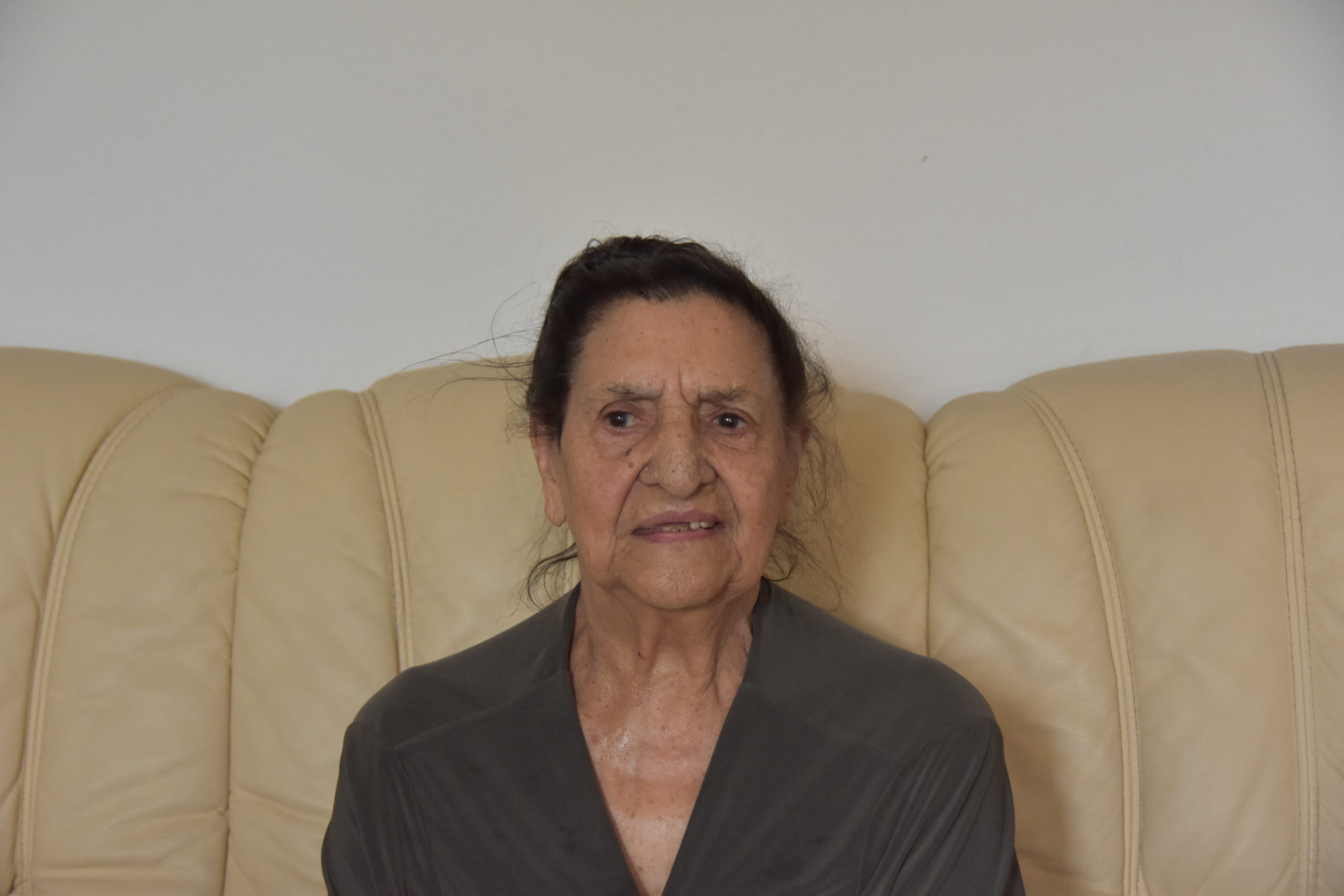
Philomena Franz
Holocaust Survivor

Angelina Kappler
German former Weinkönigin
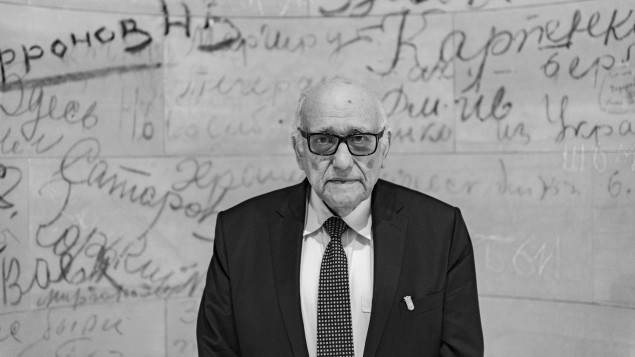
Marian Kalwary
Chairman of the Association of Jews,
Survivors and Victims of the Second World War
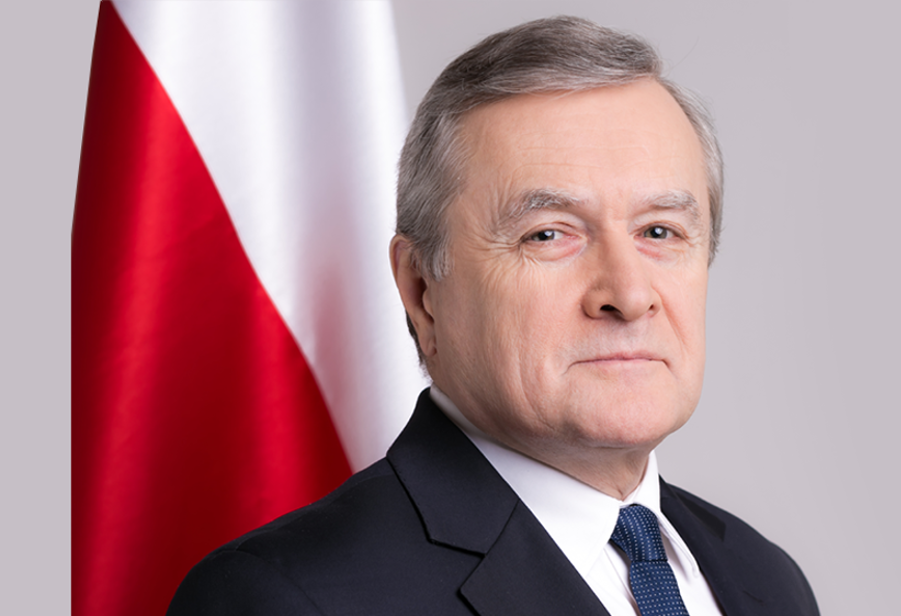
Piotr Gliński
First Deputy Prime Minister and the Minister of Culture and National Heritage of Poland
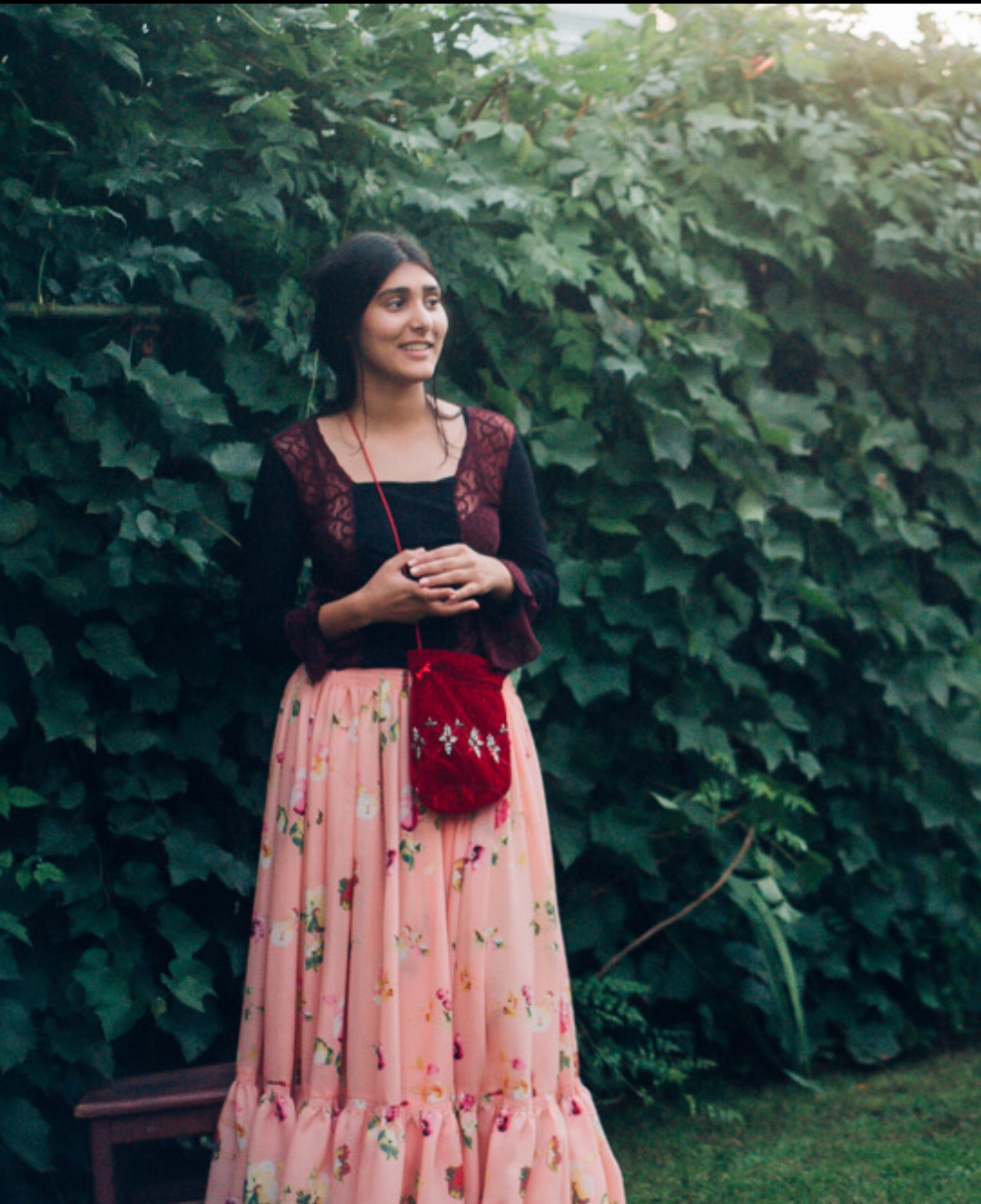
Izabela Tiberiade
Young Activist from Sweden
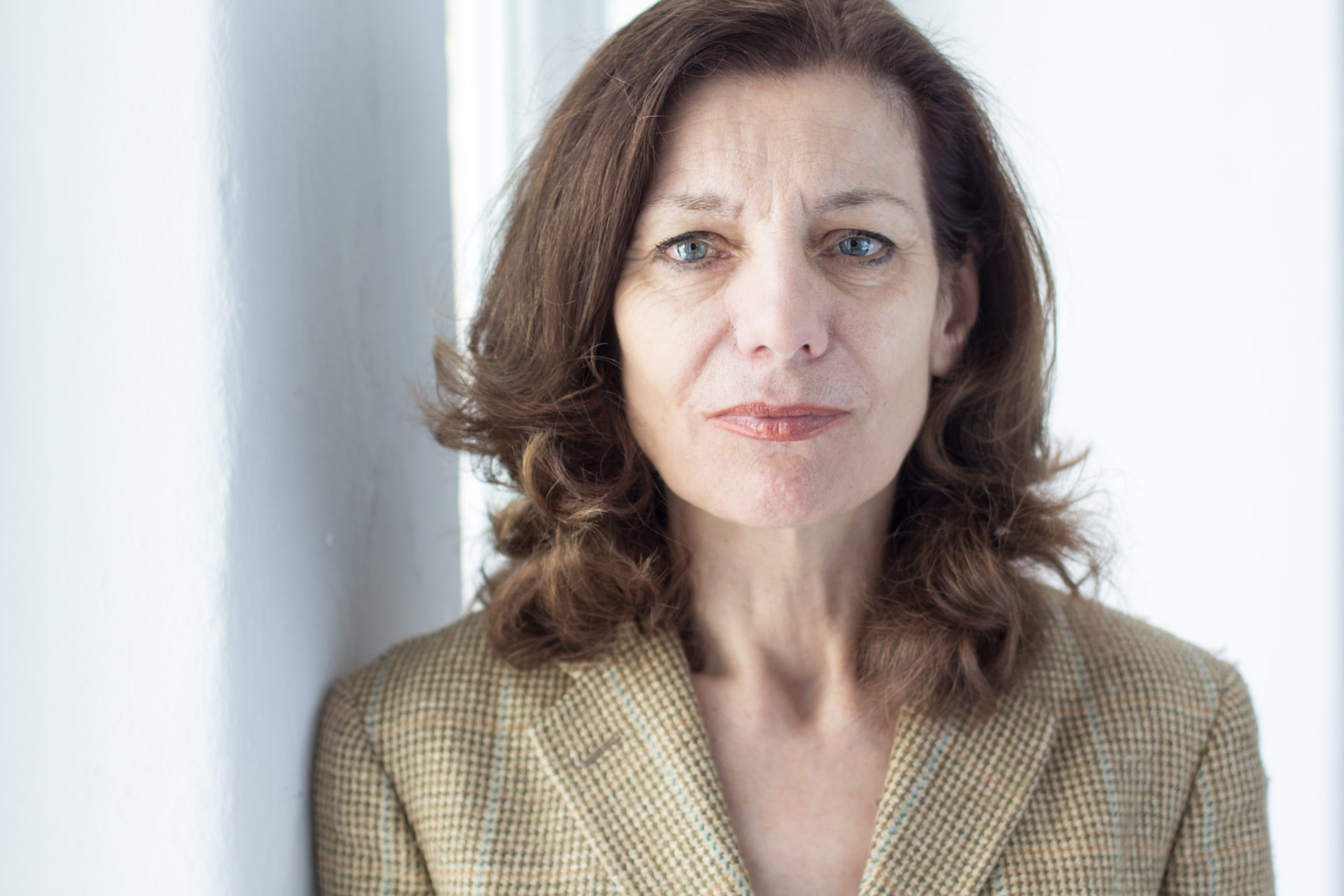
Ursula Krechel
Writer
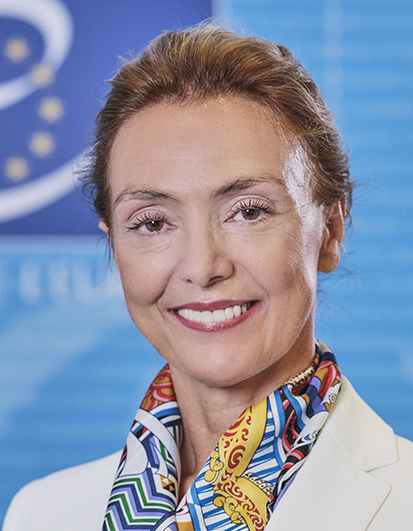
Marija Pejčinović Burić
Sekretarz Generalny Rady Europy
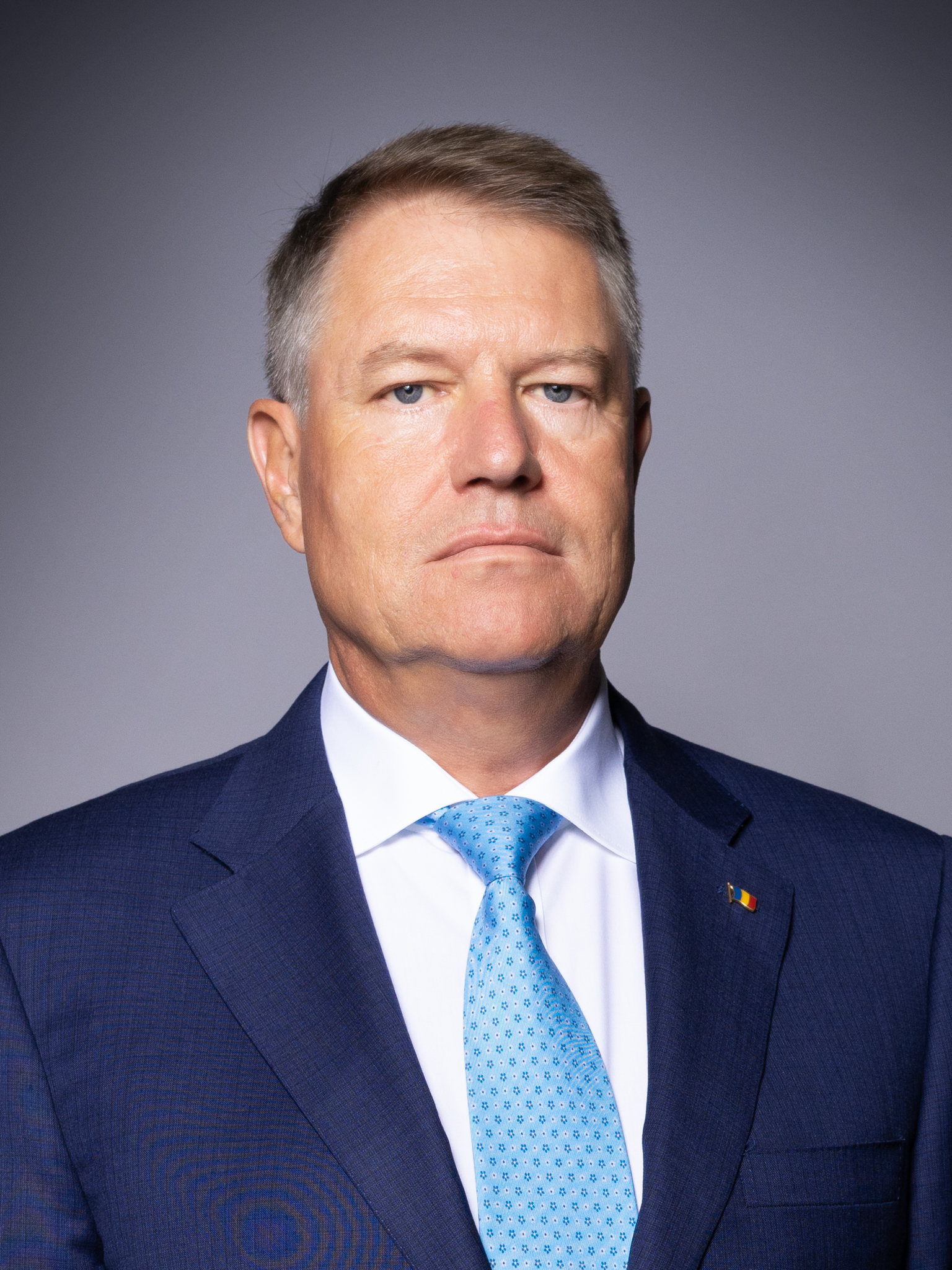
Klaus Iohannis
Prezydent Rumunii










